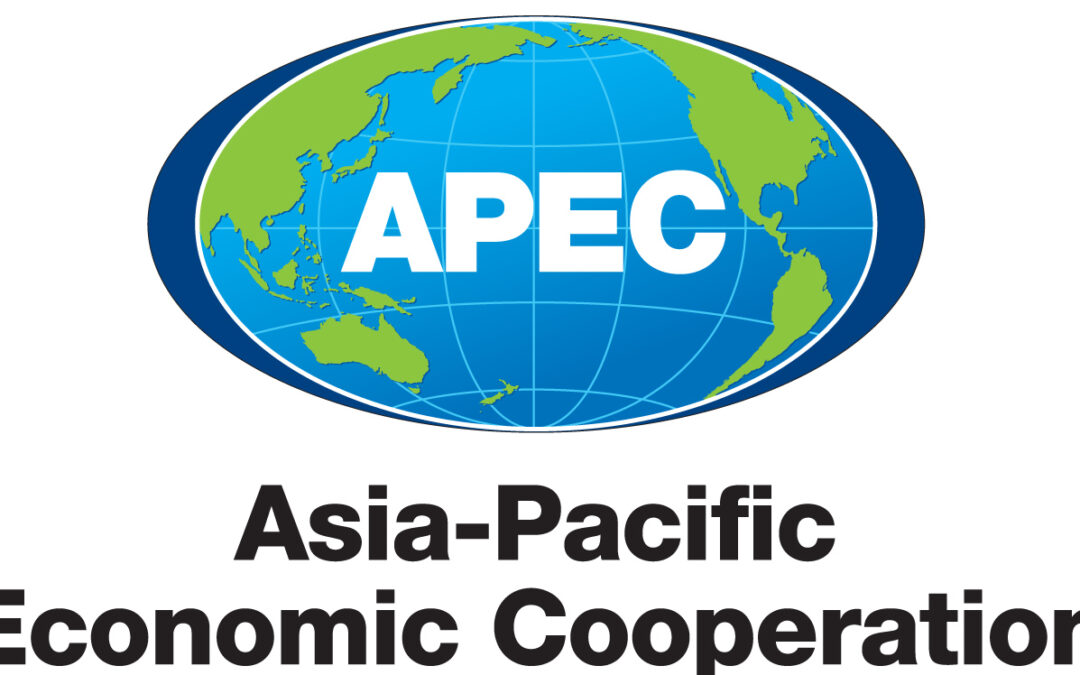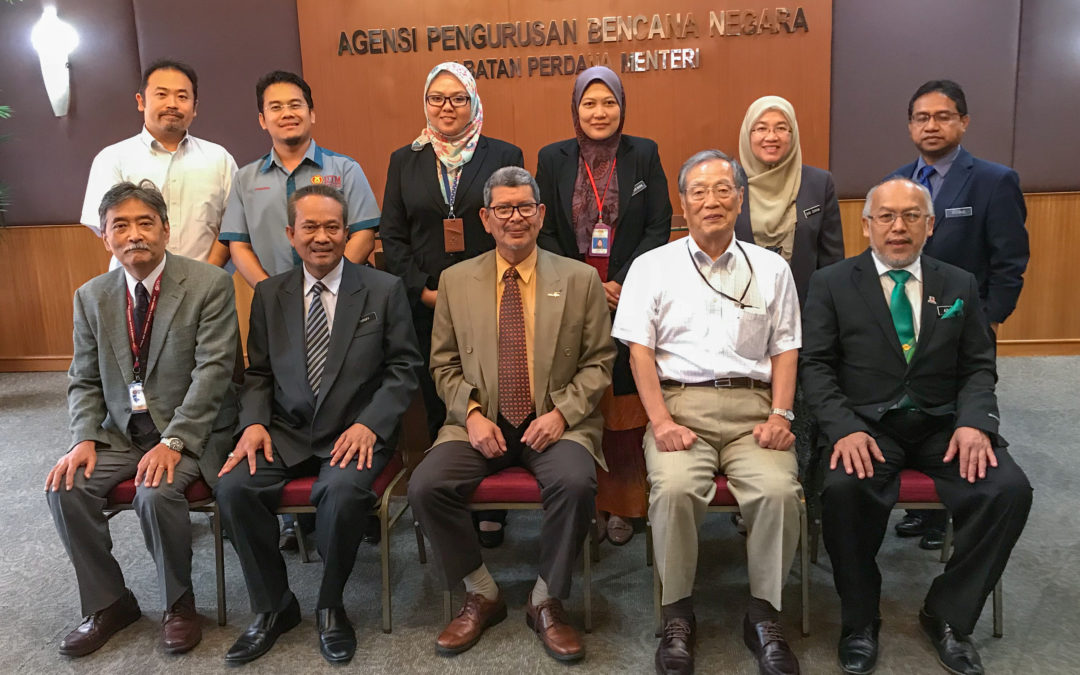Project Summary:
COVID-19 pandemic has impacted 188 economies, with more than 176 million infected people especially in the vulnerable cities. The impacts of disasters and COVID-19 will have a far more adverse effect on groups for both epidemiological and socio-economic. This project aims to catalyze a policy- oriented dialogues and action on dual-challenges of pandemic, extreme weather events and climate-induced disasters towards increasing evidence- informed decision-making at all levels of public policy and discourse. Remarkably, 60% of the area to be urbanized by 2030 has yet to be built. Therefore, strengthening urban resilience is the key to achieve risk-informed sustainable development. A transdisciplinary approach is promoted to integrate public-health and disaster risk reduction (DRR) to prevent future pandemic risk and strengthen societal resilience in an extreme climate. Scientific exploration, expert consultation and Webinar will be conducted, enabling fact-finding, peer-to-peer learning, regional networking, building knowledge-hub and promoting local-level action for long-term impact of DRR interventions.
Project objectives:
This project aims to build the regional and local capacity by reinforcing risk-informed decision making for action and realigning domestic DRR and resilience strategies for societal transformation in the cities. It revitalizes health-emergency disaster-risk-management (Health-EDRM) to prevent future pandemic risk in an extreme climate. Open science, citizen science, and ICT-based innovative solution are the highlight. It strengthens multi-sectoral coordination, communication and information-sharing ranging from preparedness, response and inclusive-recovery plan to emerging technologies and humanitarian coordination. This project promotes a transdisciplinary approach and sociotechnical system to create the collaborative foresight and decision-making virtual workspace enabled by disaster informatics towards upscaling our positive impact to a larger digital society of APEC member economies.
Alignment to APEC:
This project is aligned to the EPWG 2017-2020 Strategic Plan and APEC DRR Framework particularly the need of risk- informed and adaptive disaster cities in APEC economies. Current EPWG work plan also addresses the emerging risk in the urbanization and mega-city agglomeration. This project promotes risk-informed decisions and economics of DRR, which are in-line with the 2020’s Malaysia theme on optimizing human potential towards a future of shared prosperity emphasizing the investment improvement, inclusive economic participation through digital economy and technology, as well as innovative sustainability. This project is timely to support EPWG in implementing the task as mandated by the 2017 AELM Declaration paragraph 27 and 2017 AMM Statement paragraph 42 especially with regards to strengthening cooperation by multi-stakeholder participants and capacity building as listed in APEC Disaster Risk Reduction Framework Action Plan, enhancing resilience to disasters, and investing in DRR and post disaster recovery. Also, it aligns with TEL WG priorities on emerging challenges, e.g., DRR, social responsibility to foster resilient economies.
Beneficiaries:
Selection criteria for participants will be based on a number of APEC economies both developed and developing that (most and least) suffered due to COVID-19 pandemic, while also directly affected by the extreme weather events and climate- induced disaster. Also, number of local governments in the APEC economies, from 4,326 cities that participating in the Making Cities Resilient (MCR) Global Campaign will be purposively selected and considered particularly the one involved in the 2017-2018 with the Disaster Resilient Scorecard assessment (214 cities). The invitation and selection will be made through a stringent and transparency process supported by APEC Secretariat, responsible APEC Fora, and focal points of disaster management in APEC economies. The participants will be invited into two levels of engagements: 1) scientific exploration and consultation, and 2) Webinar, with gender balances strongly promoted. Few participating economies (not limited too) are the National Disaster Management Agency & Federal Department of Town and Country Planning (Malaysia), Fire and Disaster Agency & Ministry of Land, Infrastructure, Transport, and Tourism & Bureau of Urban Development Tokyo Metropolitan Government (Japan), National Emergency Management Agency & Office of Urban Planning, Seoul Metropolitan Government (Republic of Korea), Ministry of Emergency Management China & Beijing Municipality of City Planning (People’s Republic of China), and Oficina Nacional de Emergencia del Ministerio del Interior & Ministry of Housing and Urban Planning (Chile). The positions of the target participants are the disaster managers, emergency managers, urban planners, city planning officers and local senior government officers – from the disaster management related agencies or authorities and also from the national or city level urban planning related government agencies, and also professional bodies, civil society organizations, and private sectors, with at least 5 years experiences in aforementioned fields. The participants will be assisted to interact and communicate with the policymakers, experts, scientists, and professionals through digital platform created for the event. The larger group of participants from APEC member economics will also benefit from the recorded videos, discussion points and consensus, which will be disseminated as knowledge notes and policy briefs.
Project overseer:
Dr. Khamarrul Azahari Razak, Director, Disaster Preparedness and Prevention Center (DPPC)
Malaysia-Japan International Institute of Technology (MJIIT), Universiti Teknologi Malaysia (UTM) Kuala Lumpur




